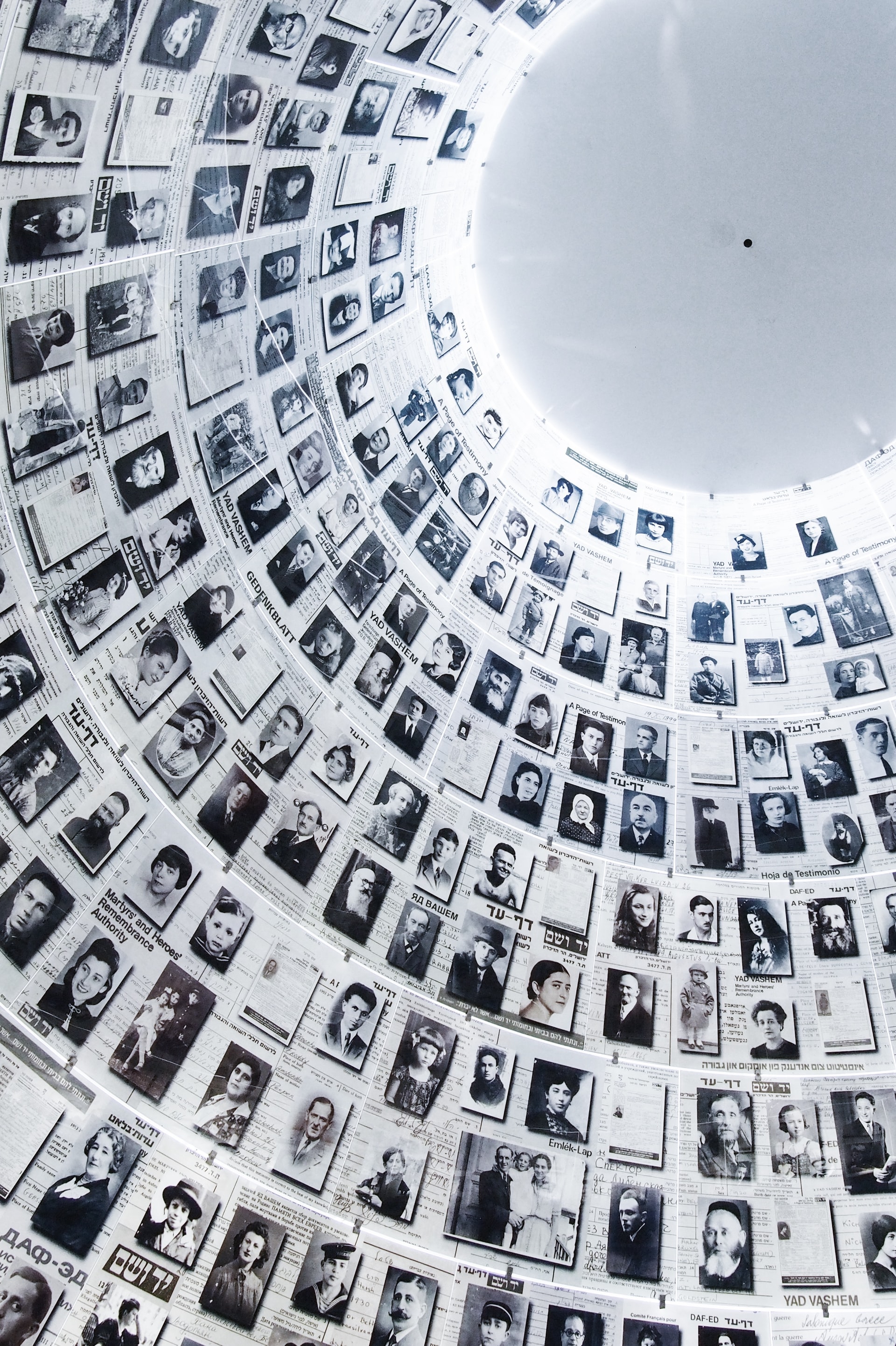Holocaust Memorial Day
Tiana Stewart discovers how Holocaust Memorial Day was observed at Newcastle University.
1 March 2022
Tiana Stewart discovers how Holocaust Memorial Day was observed at Newcastle University.
Holocaust Memorial Day was held on 27 January 2022. It was a day observed internationally in remembrance of the millions of people that were persecuted by the Nazi’s in the Holocaust and the genocides that followed in Cambodia, Rwanda, Bosnia and Darfur. Here at Newcastle, a Holocaust Memorial Day Lecture was held in honor of the day.
The lecture was moderated by Annie Tindley, Professor of British and Irish Rural History. Daniel Siemens, Professor of European History delivered a presentation titled “Fighting for Justice after the Holocaust: How German- Jewish Exiles in Britain Shaped Post-War Restitution.” Throughout the lecture Dr. Siemens highlighted the significance of the United Restitution Organization (URO) and its role in providing legal aid to Holocaust victims that were living outside of Germany. The URO made restitution claims against Germany and Austria and supported over 250,000 clients. Dr. Siemens touched on the origins of the URO and its development throughout the 1950’s and 1960’s. He also shared two case studies involving the URO and Holocaust knowledge during this post war period in addition to Jewish debates about the success and failure of the German indemnification programme. He concluded with statements encouraging further teaching of the URO in detail as well as an analysis of why the URO is not well known.
On campus, there are a handful of academics engaged in research regarding the Holocaust and its effects. Beate Muller, Professor of German Studies & Cultural History is currently conducting research on war children’s experiences during World War II and its aftermath. Her research examines unpublished primary sources that depict the lives of children under Nazi rule. Dr Muller provided insight into her current project and shared a resource for further learning.
"My current, Leverhulme-funded book project on ‘West German Student Essays on the Nazi Era: War Children’s voices from the 1950s’ combines a monograph with an edition of unpublished autobiographical writings by the youngest members of the experiencing generation. What my research shows is that children were not merely passive victims of circumstance or objects of history made by adults. They were also subjects of history who had agency, who took initiatives, assumed responsibilities, and who played key roles in their immediate social and familial contexts. Despite the often-horrendous events they witnessed or were part of, many war children developed a heightened sense of the importance of peace, tolerance, the need for reconciliation, and a sense of their generation’s responsibility for building a better future. Their narratives teach us how the young made sense of what had happened to them, and how significant their thinking was for intergenerational reconciliation, inner familial exchanges, and post-war reorientation. See https://teaching.ncl.ac.uk/childrenunderthenazis/ for an exhibition that is at the heart of my impact case study on children in the Third Reich, which was submitted to REF2021."
Beate Muller, 2022
Though Holocaust Memorial Day has passed, there are many ways to continue to learn about the Holocaust and genocide. It is important to not only empathize with these stories but also to develop a willingness to learn about past and modern genocide. More information about Holocaust Memorial Day can be found at www.hmd.org.uk.
